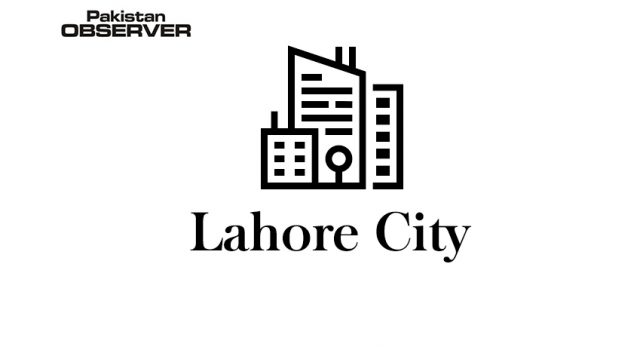Are We Going Wrong – Veiled Flaws in Agricultural Sector
We are all residents of the 21st century where attaining gender equality has now been placed on the top-most pedestal of global priorities.
Within our own nation, there have been fiery waves of feminism manifested by the multiple Aurat marches and the trending hashtags on social media.
Why then is it that within the agricultural sector i.e. the backbone of our country, we are witnessing what is perhaps one of the worst scenarios of gender disparity in the world? And yet, no one is talking about it?
Research shows that 52% of the agricultural sector is made up of women, but 80% of them are unpaid.
Of the contributions that women make to this field, 60% is left unpaid since they are regarded as family workers
. However, due to the inaccuracies which prevail when reporting data within our nation’s systems, we conducted a few tests of our own.
The results of our survey concluded that the majority does agree to the existence of rampant sexism in the agro-based fields while simultaneously depicting that a large chunk of the population is still oblivious to it.
Unfortunately, recognition and income are not the only aspects of this damaging problem.
Access to training, machinery and the capacity to invest in new technology are only a few examples of the many ways in which women are discriminated against within this sector.
In spite of constituting a significant part of the workforce, they own only 3% of the land, in which too they encounter many challenges in controlling and accessing.
What is perhaps an even larger disappointment is how seldom this issue is discussed and addressed.
The failure of governments and private research centres to gather data which corroborates the other not only captures the inaccuracies but also the lack of documentation regarding the issue.
This becomes evident as the government reports that female labour participation rate is 18%, compared to the MahbubulHaq Human Development Centre reporting that the share of the female labour force in the total agricultural labour force in Pakistan is 30%.
However, the United Nations suggests this figure may actually be much higher, saying women make up between 52-60% of the agricultural labour force.
On women this propels a triple burden effect where they are compelled to work, alongside catering to the household and emotional requirements of the family.
Now what may be obvious is that within this entire process of inequality, the women suffer.
However, the detrimental repercussions do not end there, exacerbating the issue.
Failing to fulfil women’s rights in the agro-based fields reduces food security alongside land productivity, damaging the nation as a whole.
International Food Policy Research Institute (IFPRI) also stated that these inequalities are one of the largest factors kindling a slowing economy alongside hindering progress towards fulfilling United Nations Sustainable Development Goal 2 (UN SDG 2), “end hunger, achieve food security and improved nutrition and promote sustainable agriculture” by 2030.
In a field that provides employment to 45% of the country’s labour force, according to official statistics provided by the Government of Pakistan, such disparity between the genders is proving to be detrimental to our economic growth.
Thus, the United Nations suggested solutions tailor-made for Pakistan, in the UN Report on the Status of Rural Women in Pakistan (2018).
According to their recommendations, it is vital that women be given training in skills, outreach and content, to shift away from the current focus on women’s reproductive roles and promote the image of women as major contributors to the economy.
IFPRI has also suggested strengthening land tenure rights among poor, rural farmers; monitoring progress and empowerment through tools, including IFPRI’s Women’s Empowerment in Agriculture Index (pro-WEAI), which allows countries to document and adjust their policies.
Change starts with you.
By personally enacting the change we wish to see in society, we can inspire people to follow suit and manoeuvre society towards progress.
Regarding the issue of women facing inequality in the agriculture industry, individuals have a variety of avenues to stimulate reform.
This includes educating themselves and others, raising awareness, as well as investing personally in women in this field.
These investments can take the form of financially supporting women in agriculture by funding them directly or by actively choosing to buy from them.
While creating policies and launching large-scale programs is the responsibility of the government and independent businesses, we cannot overlook the influence that individuals have.
As active and involved citizens of this country, the responsibility falls on us to call for change and encourage the government to implement such solutions.
Only through collaboration between the government, private investors, and the agricultural community of Pakistan can we hope to usher in a new era of productivity for our country.
Actively involving women in this vital sector of our economy is absolutely pivotal to accelerate our advancements and overcome our shortcomings.
In the words of our nation’s father, Quaid-e-Azam Muhammad Ali Jinnah, “No nation can rise to the height of glory unless your women are side by side with you.”









